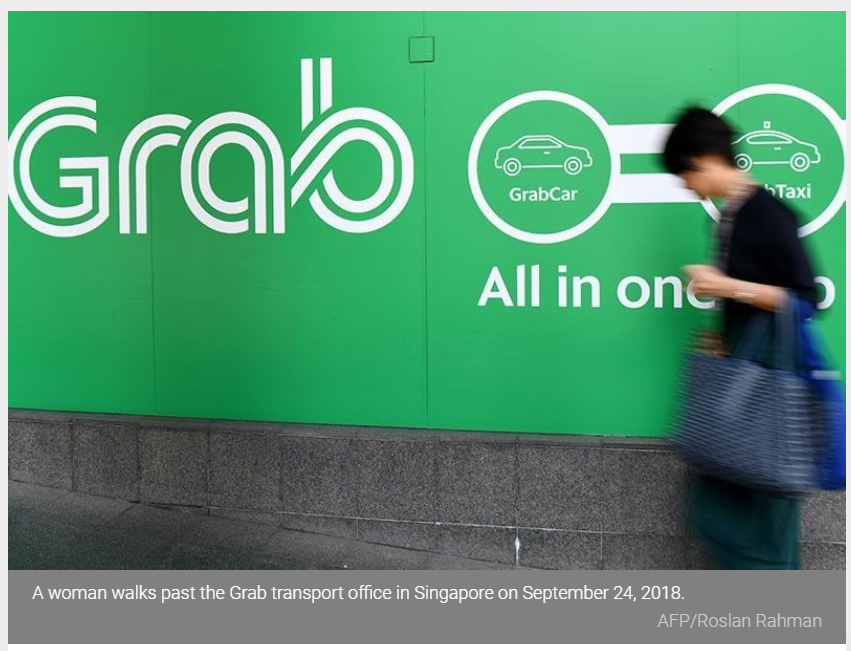Philippines: In post-lockdown Grab rides, passengers cannot open doors to avoid virus spread
MANILA, Philippines — Doors will be opened to passengers of ride-hailing service Grab once it resumes people transport operations when quarantine rules are relaxed, not because riders are royalty, but as precaution against the coronavirus disease-2019 (COVID-19).
The measure is just one of the changes Grab Philippines is rolling out as soon as its drivers are allowed to carry passengers under an easing down of movement restrictions in Metro Manila where the bulk of its operations is concentrated.
“Safety has always been at the core of what we do at Grab [and we] understand that the public health situation remains to be fluid and ever-changing,” Grab Philippines President Brian Cu said in a statement on Thursday.
Before the ride
Apart from disallowing passengers to touch doors, a limit of two passengers per each car will also be enforced, with each rider sitting close to the windows at the back of the vehicle. A “non-permeable acetate barrier” will separate the two passengers.
The passenger seat will be left vacant.
An online “health and hygiene checklist” in the Grab app would need to be completed by both drivers and passengers. A “mask verification feature” will be installed in the app to validate if passengers are wearing masks before the ride.
“Every time a passenger books for a ride, the passenger will receive a notification via GrabChat reminding them of the proper safety and hygiene protocol during the ride,” Grab said.
Upon embarkation, passengers are also instructed to show their “booking code” to their drivers, a measure meant to assist on contact tracing efforts of possible COVID-19 infections. Nobody will be allowed to book a ride for someone.
During and after the ride
Eating and drinking will not be allowed while the trip is ongoing. For completed rides, only cashless payments would be allowed either through a debit or credit card or through GrabPay, the mobile app’s cashless payment system.
For drivers, disinfection of the entire car is required “after every trip.” Grab said the company provided its drivers over 4,000 bottles of hand sanitizers and cleaning agents. “Each hygiene kit will include a cloth face mask, surface disinfectant, and the non-permeable acetate barrier that they would need to install in their own vehicles,” the company said.
“Once cleaned, driver-partners are required to allow for the chemicals to dissipate prior to boarding any passenger,” it added.
Possible GCQ
Grab’s new safety and hygiene standards comes ahead of the possible shift of the National Capital Region (NCR) to more relaxed quarantine control measures as suggested by the interagency task force on emerging infectious diseases, the government’s policymaking body on matters concerning pandemic response.
The measures are crucial since even under a general community quarantine (GCQ), transport officials have decided not to allow jeepneys and buses to ply their routes, in a sign officials are still grappling for clues how to avoid crowds in public transport nearly three months into a lockdown.
The IATF made the recommendation to President Duterte who would decide whether to shift NCR to GCQ from a modified version of enhanced community quarantine later Thursday evening.
Source: https://www.philstar.com/business/2020/05/28/2017148/post-lockdown-grab-rides-passengers-cannot-open-doors-avoid-virus-spread


 Thailand
Thailand




